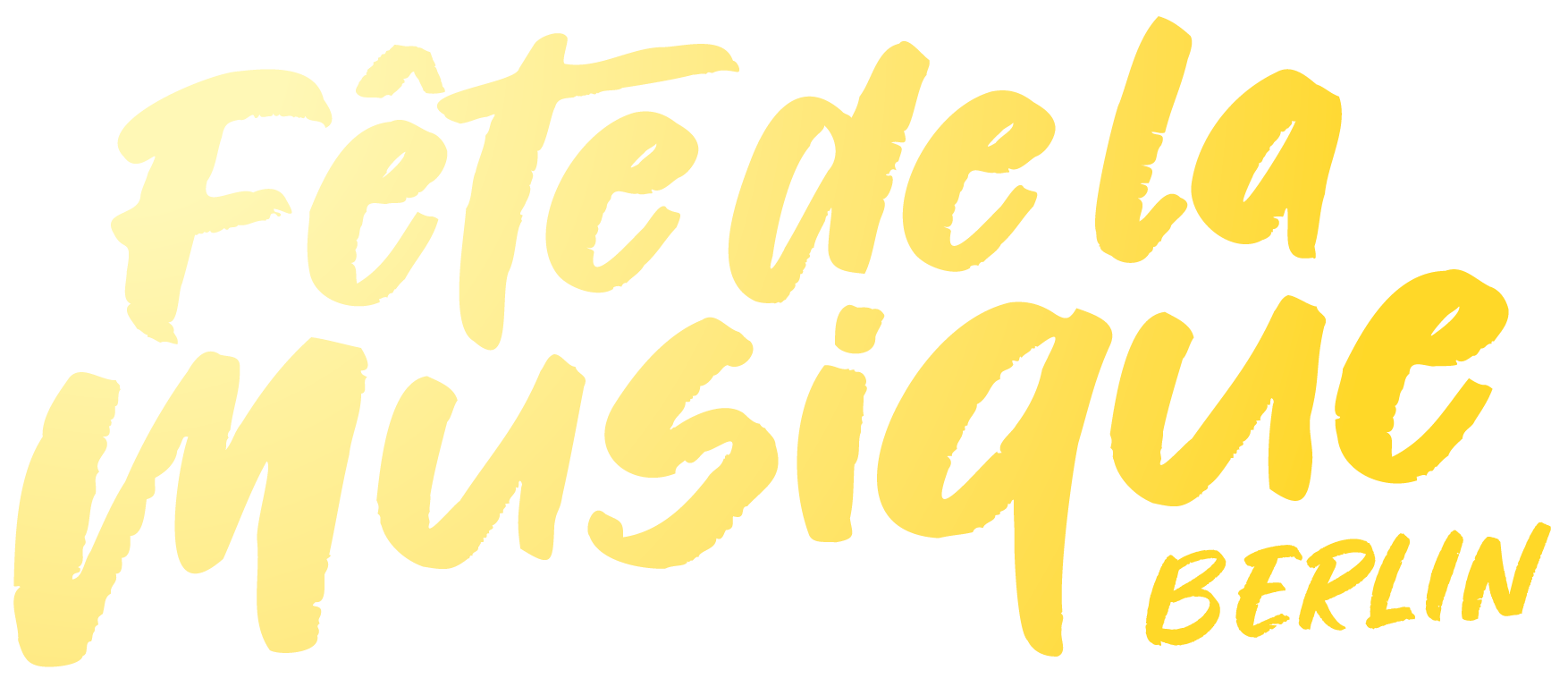BERLIN GLOBAL meets Sinti Swing Berlin!
{{ time.start_TS | TS2dateFormat('MMM') }}
{{ time.start_TS | TS2dateFormat('YYYY') }}
| Free of charge |
| Duration: 30 min |
| For people of all ages |
| Ground Floor, Schlüter Courtyard |
Founded in East Berlin in 1985, Sinti Swing Berlin remains one of the best-known swing bands in the tradition of French guitarist Django Reinhardt. BERLIN GLOBAL will present an exclusive concert with the musicians as part of Fête de la Musique 2022 – virtually at fetedelamusique.de, at BERLIN GLOBAL’s website, and on its Facebook and YouTube channels.
Brothers Alfred, Fredi and Wilfried Ansin, along with their brother-in-law Hans Lauenberger, formed the band in East Berlin in 1985. The Sinti guitarists have their own language and musical tradition known as Sinti, manouche or “gypsy” swing, whose origins lie in the Hot Club de France jazz club of 1930s Paris.
In the former GDR, the music of Sinti Swing Berlin represented an international cultural tradition that continued to thrive despite the Berlin Wall. As in the days of the Hot Club de France, the band members play acoustic instruments, mixing American swing and blues with French and Eastern European influences.
The concert at the BERLIN GLOBAL exhibition coincides with the Open Spaces exhibition “Citizens with Equal Rights” by the Documentation and Cultural Centre of German Sinti and Roma, currently on view at BERLIN GLOBAL until November 2022.
This is BERLIN GLOBAL’s second time participating in Fête de la Musique. In 2021, Turkish-German rapper AZIZA A. sang in the Berlin Exhibition at Humboldt Forum.
Brothers Alfred, Fredi and Wilfried Ansin, along with their brother-in-law Hans Lauenberger, formed the band in East Berlin in 1985. The Sinti guitarists have their own language and musical tradition known as Sinti, manouche or “gypsy” swing, whose origins lie in the Hot Club de France jazz club of 1930s Paris.
In the former GDR, the music of Sinti Swing Berlin represented an international cultural tradition that continued to thrive despite the Berlin Wall. As in the days of the Hot Club de France, the band members play acoustic instruments, mixing American swing and blues with French and Eastern European influences.
